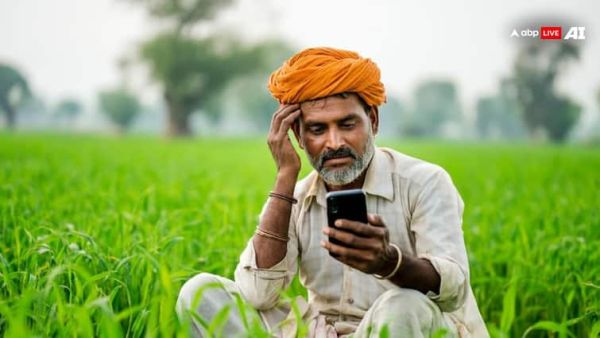
The Pradhan Mantri Kisan Samman Nidhi (PM-KISAN) Yojana, one of India’s most extensive farmer welfare initiatives, continues to provide crucial financial assistance to cultivators across the nation. Introduced in December 2018, the scheme offers an annual financial support of Rs 6,000, distributed in three equal installments of Rs 2,000 each, to eligible farming households.
This government-backed Direct Benefit Transfer (DBT) scheme is aimed at reducing rural financial distress and empowering small and marginal farmers to meet both agricultural and household expenses. With over 9.8 crore beneficiaries, PM-KISAN is among the largest DBT initiatives globally, and its upcoming 20th installment is highly anticipated.
Pending Installment: Farmers Anticipate Payment Date
The last tranche, i.e., the 19th installment, was disbursed in February 2025 during Prime Minister Narendra Modi’s visit to Bihar. While initial expectations pointed to the 20th installment being released around 19 July 2025, in alignment with the PM’s visit to Motihari, an official confirmation is still pending.
As of mid-July, the final release date remains unannounced. However, reports suggest that the transfer may take place by late July or early August 2025. The delay is primarily attributed to procedural checks, although the installment amount and beneficiary list remain unaffected.
Core Features Of The Scheme
Annual Support: Rs 6,000, divided into three installments.
Coverage: Farmers owning cultivable land, including small and marginal landholders.
Transfer Mode: Direct credit to bank accounts via DBT.
e-KYC Requirement: Mandatory digital verification through OTP, biometrics at CSCs, or facial authentication via the PM-KISAN app.
Eligibility
To qualify, farmers must be Indian citizens, own cultivable land, and not fall into categories such as institutional landowners, government employees, income tax payers, or retirees receiving pensions exceeding Rs 10,000 per month.
Impact On Rural Economy And Agriculture
The PM-KISAN scheme has proven to be a vital source of income stability for farmers, especially during uncertain agricultural seasons. By providing timely financial aid, it minimizes reliance on informal credit and enhances investments in inputs like seeds and fertilizers.
Importantly, the scheme also benefits women farmers, who constitute a significant proportion of the recipients, thereby strengthening household economies in rural India.
-
WORT Prison for Women: ” more terrible than hell for prison women prisoners in the country; Hearing the situation will blow the limbs.

-
AI can reviews hidden hazards of chemical mixtures in rivers

-
Manjrekar Lauds Gill Ahead of Fourth Test Against England

-
Oleksandr Usyk Knocks Out Dubois to Reclaim Crown

-
Why does Pierre-Emerick Aubameyang want to return to Marseille?
